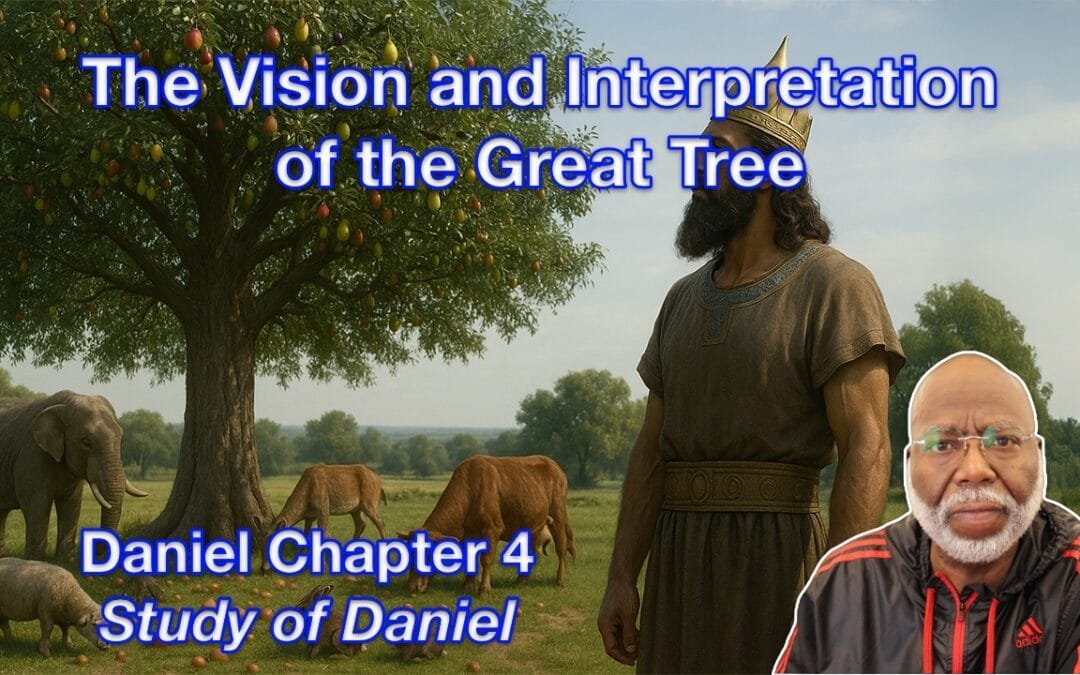
Free Lessons, Old Testament, Study of Daniel
In Daniel chapter 6, Daniel remains faithful to God despite a royal decree forbidding prayer. His rivals conspire against him, and he is cast into a den of lions. God miraculously delivers him, demonstrating divine protection and justice. King Darius acknowledges God’s power, and Daniel’s faith is vindicated.

Free Lessons, Old Testament, Study of Daniel
In Daniel chapter 5, King Belshazzar holds a lavish feast using the sacred vessels from the Jerusalem temple, mocking God. A hand appears and writes mysterious words on the wall: Mene, Mene, Tekel, Upharsin. Daniel interprets the writing as God’s judgment—Belshazzar’s reign has been weighed, found wanting, and will end. That very night, Babylon falls to the Medes and Persians, fulfilling divine prophecy.

Free Lessons, Old Testament, Study of Daniel
In Daniel 4, King Nebuchadnezzar recounts his dream of a vast tree cut down at heaven’s decree, symbolizing his coming humiliation for pride. Daniel interprets the dream, warning the king to repent. Nebuchadnezzar’s arrogance leads to his temporary insanity and exile among beasts until he acknowledges God’s sovereignty. When he humbles himself, his sanity and kingdom are restored, and he praises the Most High as ruler over all.

Free Lessons, Old Testament, Study of Daniel
In Daniel 3, King Nebuchadnezzar commands all to worship a massive golden image, threatening death in a fiery furnace for refusal. Shadrach, Meshach, and Abednego refuse to bow, remaining loyal to God. They are thrown into the furnace but are miraculously unharmed, and a fourth figure appears with them. Seeing their deliverance, Nebuchadnezzar praises the God who saved them and decrees His honor throughout the kingdom.

Free Lessons, Old Testament, Study of Daniel
Daniel 2 recounts King Nebuchadnezzar’s troubling dream of a great statue representing successive earthly kingdoms, which only Daniel, through God’s revelation, is able to interpret. The dream foretells the rise and fall of human empires and the ultimate establishment of God’s eternal kingdom that will never be destroyed.






